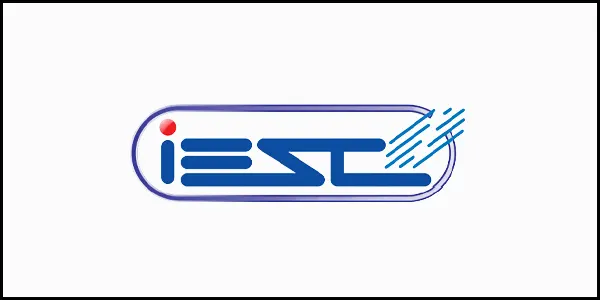Islamabad Electric Supply Company (IESCO) has planned to start installing over 1.4 million Advanced Metering Infrastructure (AMI) meters of all tariffs in Rawalpindi circle from January 2024.
Official sources told that the project would be completed within two years. Currently data back and operation centers were being set up at Gujjar Khan and IESCO Headquarters and G-10 respectively besides operational laboratory.
They said that initially some 512 AMI non-billing meters were installed in March 2022 as a pilot project. Switching over to AMI system will bring about a permanent elimination of power pilferage with a systematic control of transmission through round-the-clock monitoring of the electricity meters.
This new technology, being introduced, would help reduce power sector losses, enhance quality of billing and recoveries, control power load-shedding and would also address the consumers complaints of wrong or over-billing, they said.
The AMI system will end human interventions in meter reading, enhance customer support, better measurements, more accurate billing, a degree of control of consumption and help the persisting dilemma of power outage by enhancing ability of IESCO to reduce non-technical losses.
This system has already been installed at Multan and Lahore Electric Supply Companies (MEPCO and LESCO) but at a very limited scale adding that the project was launched at Islamabad Electric Supply Company (IESCO) with the financial assistance of the Asian Development Bank (ADB). ADB had provided $170 million for AMI project being carried out in the IESCO phase wises.
In the first phase, all electricity meters installed at Rawalpindi Cantonment and City Circles were being switched to AMI with an estimated cost of $ 95 million. Over 900,000 electricity meters would be replaced in the city with smart meters in four years, they said.
The authorities are confident that the AMI system would provide precise information regarding power supply and consumption down to individual consumers, enabling the power distribution companies to investigate causes of non-technical power losses.










